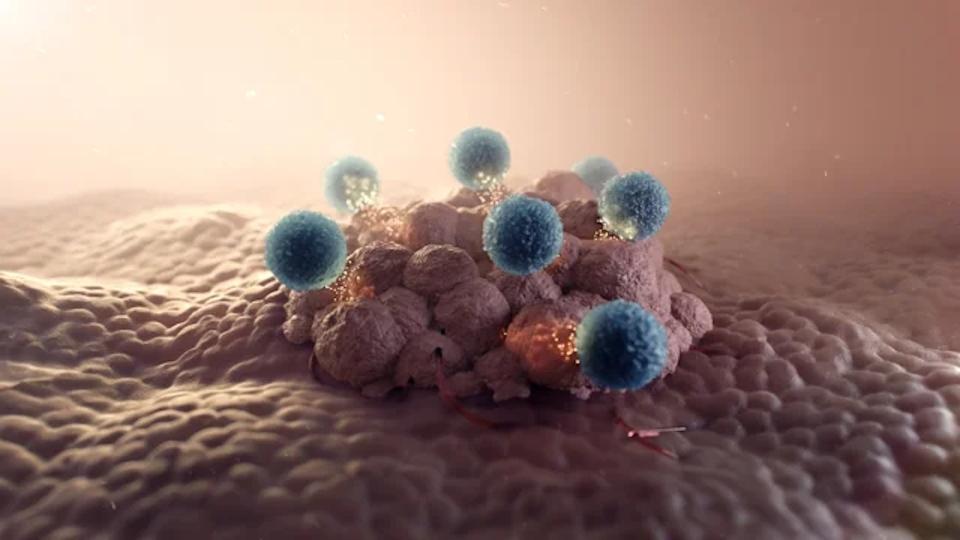ASCO: AffyImmune claims a first with CAR-T for solid tumours

AffyImmune Therapeutics has recorded what it says is the first documented complete response in a patient with a solid tumour treated with CAR-T therapy.
The case comes from a phase 1 study of its ICAM-1 targeting CAR-T autologous candidate AIC100 in patients with relapsed/refractory poorly differentiated thyroid cancer (PDTC) and anaplastic thyroid cancer (ATC), which will be reported at the ASCO congress next week.
CAR-T therapies have transformed the treatment of various blood cancers, but have been less effective for solid tumours, in part because they find it difficult to target cancer cells, as well as infiltrate and survive in the hostile microenvironment of the tumour.
AffyImmune said it has seen a complete metabolic response in a patient with ATC enrolled in its study, which had treated 10 patients with AIC100 at the data cut-off point of 2nd February, according to the ASCO abstract. ATC is the most aggressive form of thyroid cancer, with a median overall survival of less than six months.
There was also one partial response in a PDTC patient and an overall disease control rate – including cases where there was stable disease – of 56%.
Patients in the study were treated with three dose levels of the one-shot therapy, and the maximum tolerated dose has not been reached and the CAR-T has an “excellent” safety profile, according to the study investigators.
Zeroing in on six patients treated with the two higher dose levels indicated an overall response rate (ORR) of 33% and DCR of 67%, which lead investigator Dr Samer Srour, of MD Anderson Cancer Center, said provides proof-of-concept and “a strong foundation to advance this candidate further in development.”
“We look forward to improve on these results and to further evaluate the safety and efficacy of AIC100 at higher dose levels and to potentially expand its application to other ICAM-1-positive cancers,” he added. That could include gastric and triple-negative breast cancers.
AffyImmune’s CAR-T platform relies on a technology known as affinity tuning, which increases the specificity of the T-cells to their tumour-associated antigen target, improving their safety, and preventing them from becoming “exhausted” – which can happen if they latch on too tightly and cannot move on to target another cancer cell.
Chief executive Matt Britz, who took the helm of AffyImmune in March after a two-year stint as the company’s head of business development and chief operating officer, said AIC100 “has the potential to overcome current barriers to CAR-T and ultimately establish a new paradigm for patients with solid tumour cancers.”












